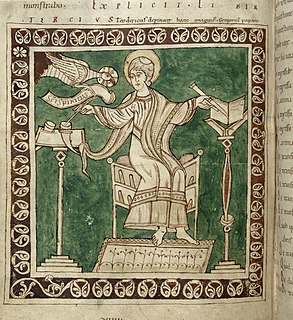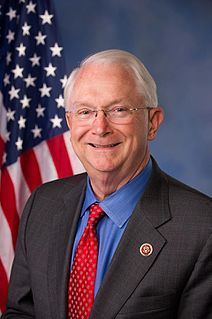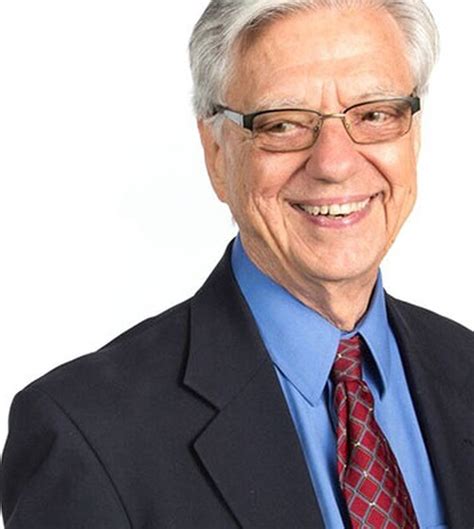A Quote by Paul Valery
We civilizations now know ourselves mortal.
Quote Topics
Related Quotes
There are no ordinary people. You have never talked to a mere mortal. Nations, cultures, arts, civilizations - these are mortal, and their life is to ours as the life of a gnat. But it is immortals whom we joke with, work with, marry, snub and exploit - immortal horrors or everlasting splendors. This does not mean that we are to be perpetually solemn. We must play. But our merriment must be of that kind (and it is, in fact, the merriest kind) which exists between people who have, from the outset, taken each other seriously - no flippancy, no superiority, no presumption.
We are now faced with the fact, my friends, that tomorrow is today. We are confronted with the fierce urgency of now. In this unfolding conundrum of life and history, there is such a thing as being too late. Procrastination is still the thief of time. Life often leaves us standing bare, naked, and dejected with a lost opportunity. . . . Over the bleached bones and jumbled residues of numerous civilizations are written the pathetic words, 'Too late.' ... Now let us begin. Now let us rededicate ourselves to the long and bitter, but beautiful, struggle for a new world.
Let's have a merry journey, and shout about how light is good and dark is not. What we should do is not future ourselves so much. We should now ourselves. "Now thyself" is more important than "know thyself." Reason is what tells us to ignore the present and live in the future. So all we do is make plans. We think that somewhere there are going to be green pastures. It's crazy. Heaven is nothing but a grand, monumental instance of future. Listen, now is good. Now is wonderful.
But I just don't think it's an abyss of nothingness [after death] and that we fall off and that our journey stops. I think it's circular and we go and we go and we go. I know that there are civilizations that I think are way more sophisticated than we are and I think more sophisticated civilizations lived before us.
Mortal beauty often makes me ache, and mortal grandeur can fill me with that longing...but Paris, Paris drew me close to her heart, so I forgot myself entirely. Forgot the damned and questing preternatural thing that doted on mortal skin and mortal clothing. Paris overwhelmed, and lightened and rewarded more richly than any promise.






































